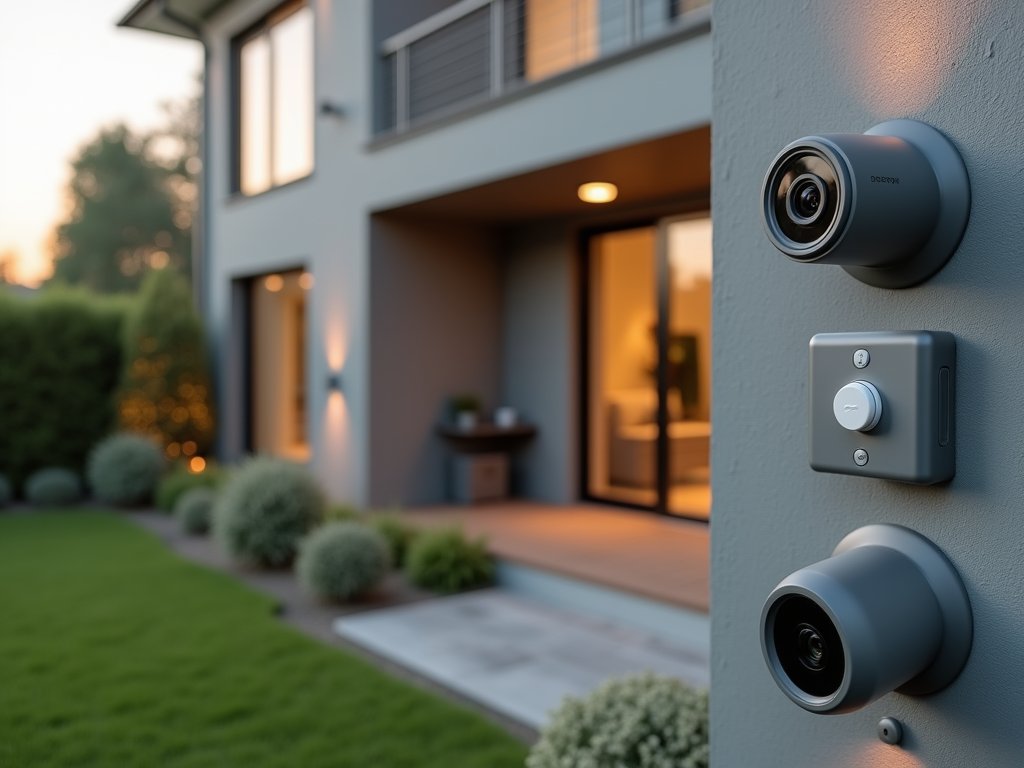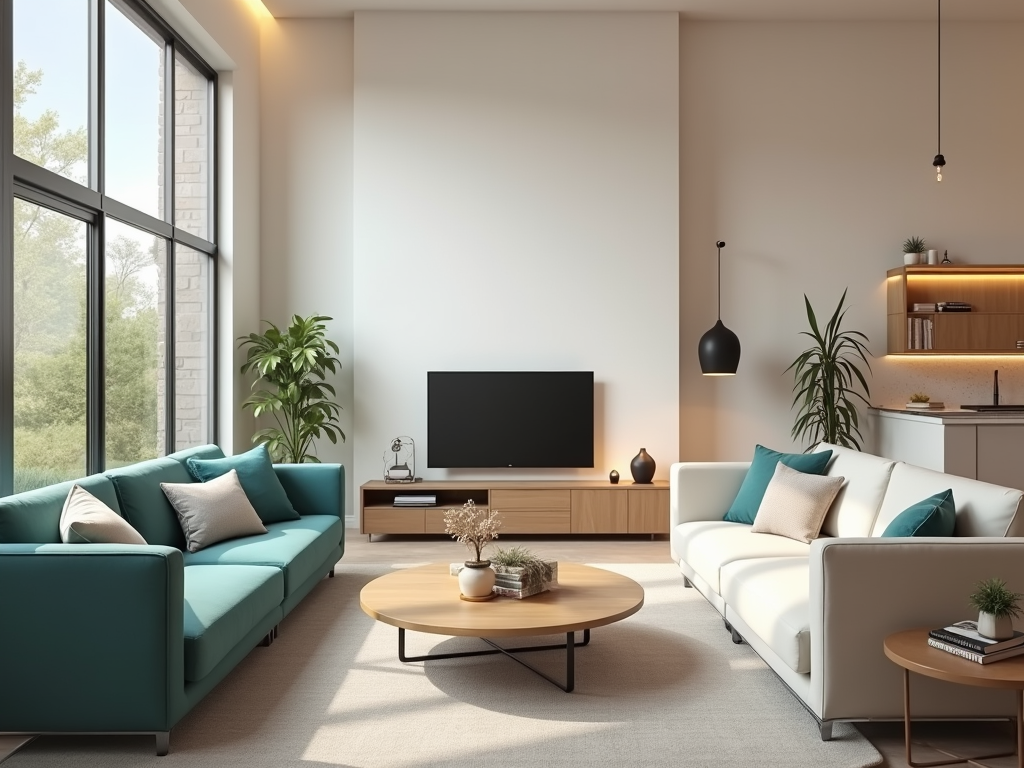Dubai is emerging as a global leader in the home automation and smart living sector, driven by rapid technological advancements and a keen government focus on innovation. This article explores the vast opportunities that exist within this market, from the increasing demand for smart devices to the integration of Internet of Things (IoT) technologies. As consumers become more tech-savvy and seek convenience, security, and energy efficiency, businesses are uniquely positioned to capitalize on these trends.
Market Overview: The Rise of Smart Living

The home automation market in Dubai is experiencing exponential growth, transforming how residents interact with their living spaces. This sector encompasses a wide range of technologies aimed at enhancing comfort, convenience, and security. As smart devices become more integrated into our daily lives, the following trends highlight the market’s potential:
- Increased Demand for Smart Devices: Consumers are increasingly investing in smart home devices such as smart thermostats, lighting systems, and security cameras.
- Government Initiatives: The Dubai government supports smart living initiatives through strategic investments and regulatory frameworks.
- Energy Efficiency: Energy-efficient solutions are highly sought after in response to growing environmental concerns.
- Enhanced Connectivity: The rise of 5G technology is facilitating seamless connectivity between devices, enhancing user experience.
- Customization and Personalization: Homeowners are looking for tailored solutions that meet their unique lifestyle and preferences.
Key Players in the Market

Dubai’s smart living market features a diverse array of key players, ranging from established tech giants to innovative start-ups. These companies are pivotal in shaping the market and driving development. Some notable players include:
- Google Nest: Offering a range of smart home products, from smart speakers to security systems.
- Amazon: With Alexa and a variety of connected devices, Amazon is a key contributor to the smart living trend.
- Local Start-ups: Numerous home-grown companies are innovating, providing tailored solutions to meet Dubai’s unique demands.
- Telecom Providers: Companies such as Emirates Telecommunications contribute through the provision of robust network infrastructure.
- Energy Companies: Partnerships with energy providers are promoting the adoption of smart energy management solutions.
Challenges and Considerations
While opportunities abound, there are also challenges to consider when entering Dubai’s home automation market. Understanding these hurdles can help businesses and investors forge effective strategies:
- High Competition: With many players in the market, differentiating products and services is crucial.
- Consumer Awareness: Educating consumers on the benefits of smart living is important for driving adoption.
- Data Security Concerns: As smart devices collect personal data, ensuring robust cybersecurity measures is essential.
- Regulatory Compliance: Navigating local laws and regulations regarding technology can be intricate.
- Integration Challenges: Ensuring compatibility between various devices and platforms remains a technical challenge.
The future of home automation in Dubai looks promising, with several emerging trends expected to shape the industry. Potential areas of growth include:
- Integration of AI: Artificial intelligence will enable smarter automation, learning user preferences and optimizing home systems.
- Increased Focus on Sustainability: Eco-friendly innovations will drive consumer preferences toward energy-efficient solutions.
- Expansion of IoT Devices: The proliferation of internet-connected devices will enhance operational efficiencies across homes.
- Enhanced User Experience: Businesses will prioritize user experience to create intuitive, easy-to-use systems.
- Smart City Initiatives: Integration with smart city projects will create synergies between residential and urban environments.
Conclusion
Dubai’s home automation and smart living market is ripe with opportunities due to technological advancements, growing consumer demand, and supportive government initiatives. However, businesses and investors must navigate challenges and adapt to evolving market dynamics to thrive in this competitive landscape. By focusing on innovation, consumer education, and sustainability, participants in this sector can play a significant role in shaping the future of living in Dubai.
Frequently Asked Questions
1. What is home automation?
Home automation refers to the use of technology to control and manage home systems such as lighting, HVAC, security, and entertainment systems remotely, often through smartphones or other devices.
2. How is Dubai promoting smart living initiatives?
The Dubai government supports smart living through various initiatives, including investments in technology, creating regulatory frameworks, and partnerships with private companies.
3. What are some popular smart devices available in Dubai?
Popular smart devices in Dubai include smart speakers, surveillance cameras, smart thermostats, automated lighting systems, and smart home hubs that integrate various devices.
4. Are there any security concerns with home automation?
Yes, security concerns include data privacy issues, unauthorized access to devices, and potential vulnerabilities in network security. It’s crucial to implement robust security measures.
5. What is the future outlook for the home automation market in Dubai?
The future outlook is positive, with anticipated growth due to advancements in technology, increased consumer awareness, and integration with broader smart city concepts.



